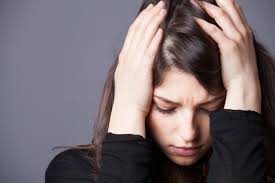Coping with feelings of Guilt during Recovery
“I can’t eat that, I am too afraid of weight gain”. A fear response at the thought of eating, during eating and after eating can keep an eating disorder going. The anxiety experienced can lead to ongoing compensatory behaviours – restriction, purging and exercise. For a person without an eating disorder, the brain will respond…
Details








